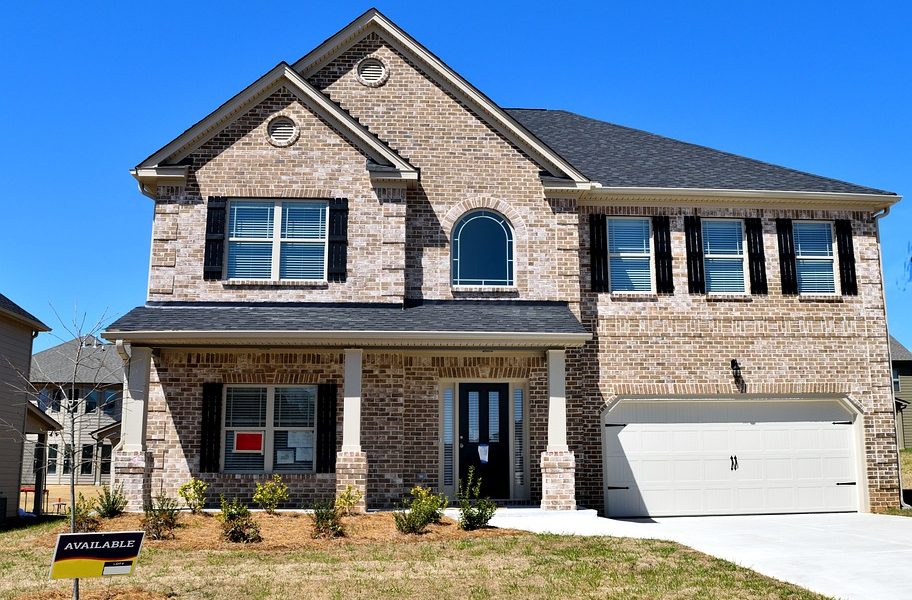Navigating Building Codes: A Comprehensive Guide for Real Estate Investors
Navigating Building Codes: A Comprehensive Guide for Real Estate Investors
As a real estate investor, understanding and navigating building codes is crucial to the success of your investments. Building codes are regulations that govern the design, construction, and maintenance of buildings to ensure the safety and welfare of occupants. Failing to comply with building codes can result in costly fines, delays, and even the shutdown of your project. In this comprehensive guide, we will explore the importance of building codes, common regulations to be aware of, and tips for navigating the complex world of building codes as a real estate investor.
Importance of Building Codes
Building codes are put in place to protect the health, safety, and welfare of building occupants. They cover a wide range of areas, including structural integrity, fire safety, electrical systems, plumbing, and accessibility. By adhering to building codes, you can ensure that your properties are safe, durable, and compliant with local regulations.
In addition to safety concerns, building codes can also impact the value of your investment. Properties that do not meet building code requirements may be difficult to sell or rent out, as potential buyers or tenants may be wary of the risks associated with non-compliant buildings. By staying up to date on building codes and ensuring that your properties meet all necessary requirements, you can protect your investment and attract a wider range of potential buyers or tenants.
Common Building Code Regulations
While building codes can vary by location, there are some common regulations that real estate investors should be aware of. These include:
– Structural requirements: Building codes typically outline minimum standards for the design and construction of buildings, including requirements for foundations, walls, roofs, and floors. It is important to ensure that your properties meet these structural requirements to prevent structural failures and ensure the safety of occupants.
– Fire safety: Building codes often include regulations for fire safety, such as the installation of smoke detectors, fire alarms, and fire suppression systems. Compliance with fire safety regulations is crucial to protecting occupants in the event of a fire and preventing fire-related damage to your properties.
– Electrical systems: Building codes govern the installation and maintenance of electrical systems to prevent electrical fires and ensure the safety of occupants. It is important to hire a qualified electrician to inspect the electrical systems in your properties and ensure that they meet all relevant building code requirements.
– Plumbing: Building codes regulate the installation of plumbing systems to prevent leaks, water damage, and contamination. Compliance with plumbing regulations is essential to ensure that your properties have safe and functional plumbing systems.
Navigating Building Codes as a Real Estate Investor
Navigating building codes can be a complex and time-consuming process, but there are several steps that real estate investors can take to ensure compliance and avoid potential issues:
1. Research local building codes: Before starting a new project, research the building codes and regulations in your area to understand the requirements that you will need to meet. Local building departments or planning offices can provide information on zoning regulations, building permits, and other requirements that may apply to your project.
2. Hire a qualified architect or engineer: Work with a qualified architect or engineer who is familiar with local building codes to help you design and plan your project. A professional can ensure that your plans meet all relevant building code requirements and help you navigate the permitting process.
3. Obtain the necessary permits: Before starting construction, obtain all necessary building permits from the local building department. Building permits are required for most construction projects and ensure that your project complies with building codes and regulations.
4. Hire licensed contractors: When hiring contractors to work on your project, make sure that they are licensed and insured. Licensed contractors are required to adhere to building codes and regulations, and hiring a qualified professional can help prevent costly mistakes and delays.
5. Schedule inspections: Throughout the construction process, schedule inspections with the local building department to ensure that your project is meeting building code requirements. Inspections are typically required at various stages of construction, such as framing, electrical, plumbing, and final inspection.
6. Keep records: Keep detailed records of all permits, inspections, and construction documents for your project. This documentation can help demonstrate compliance with building codes and regulations in the event of an audit or inspection.
By following these steps and staying informed about building codes, real estate investors can navigate the complex world of building regulations and ensure that their properties are safe, compliant, and valuable investments. Building codes may seem daunting, but with proper planning and attention to detail, investors can successfully navigate the requirements and protect their investments for years to come.






